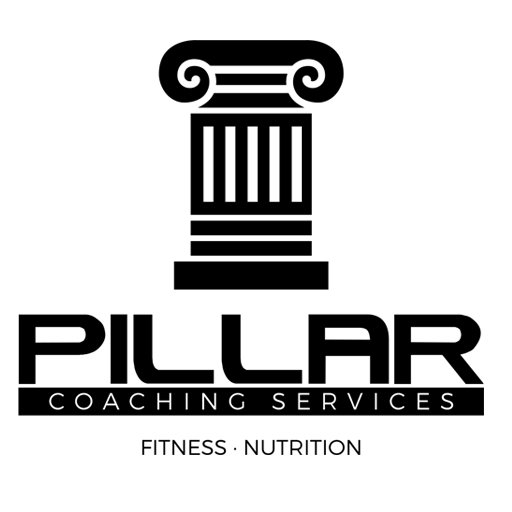Alternatives to Wining and Dining
By: Michael Beiter
One of my clients recently embarked on a new journey in the healthcare industry. What's fascinating about his new job is the unique healthcare benefits. If he successfully passes an annual wellness exam, his company covers all his healthcare premiums. And if he stays for a commendable seven years and reaches the age of 55, they will generously pay his premiums for life. We both marveled at the progressive nature of his new company.
A challenge he's facing, and I've observed several times with clients who switch jobs, is the stress of change. When you go from ten years or more experience with a specific job, you develop skills that produce relaxation. When you switch roles or companies, you aren't ditching all of the skills you've built, but you certainly have to learn some new ones, and that process—going from a mastery level to a novice—is challenging.
Part of the job change for this guy involves building new relationships via the classic wine-and-dine method.
"When I'm working with a surgeon in a clinical setting, I can't shoot the shit. They are the man in the arena, the alpha, and they couldn't care less about me. I have to get them when they're at ease, after work, over beers, on the golf course, etc. My issue is I've primarily stopped drinking, and I don't want to be the stooge who is having water while these guys are knocking back tall boys. So I've been drinking more, and that tanked my sleep, and I gained ten pounds this month. What to do?"
We brainstormed how he could best navigate these situations.
Here's what we came up with:
1.) Set a limit on days with alcohol; furthermore, limit to 3 drinks on those days
2.) Experiment with alternative relationship-building methods that don't involve drinking: e.g., drop by with lunch or a gift like a tub of protein, a gift card for a massage, homemade candles, or hand-written letters of appreciation.
3.) Use the FORD method to get people talking. FORD is an acronym for family, occupation, recreation, and dreams. Alcohol is undoubtedly a social lubricant that loosens people up, but the right questions followed by a listening ear do the same thing with less toxicity.
Lastly, as my client experiments with these actions, we set a six-month date to check their effectiveness. His goal is to create profitable business relationships without compromising his health values.
